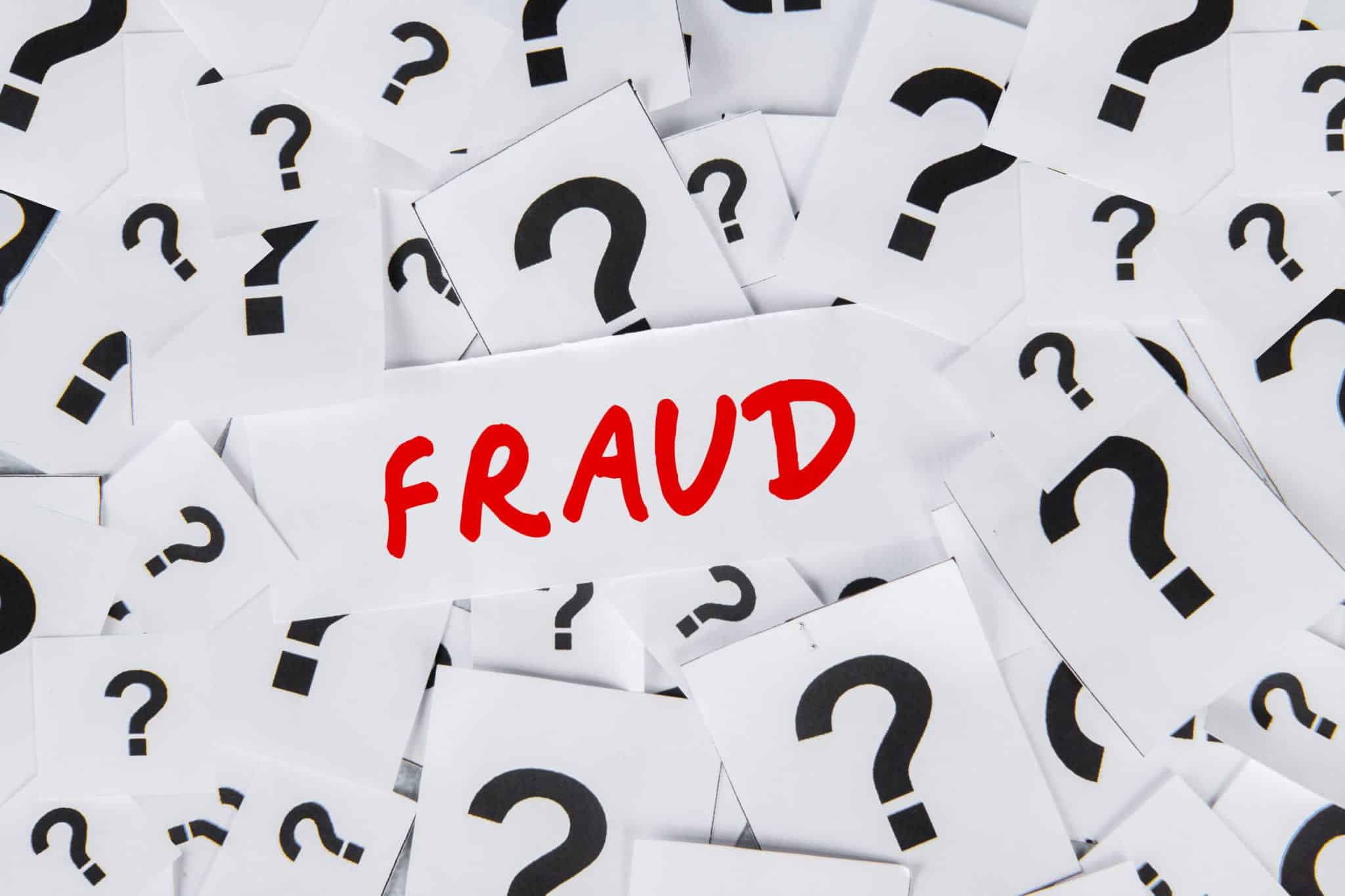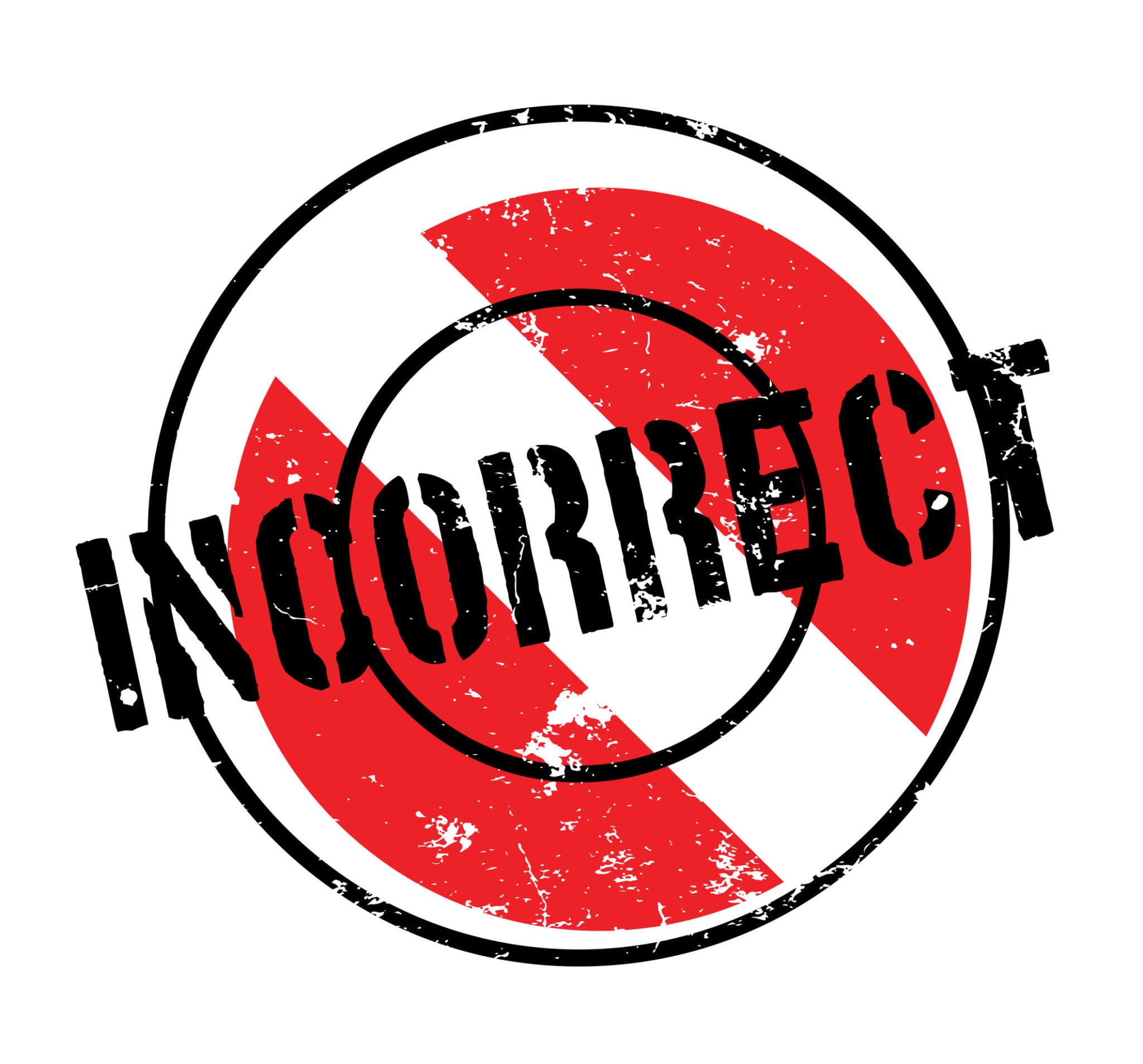
Tax fraud.
It sounds like something with clear malicious intent. If you’re charged with tax fraud, you must have known what you were doing and thought you were clever enough to cheat the system.
But as everyone who files taxes knows, the system is ridiculously complicated.
There are all sorts of ways to commit tax fraud. There are times in the tax-filing process when some people don’t even realize they’re engaging in illegal acts.
That’s why the IRS divides tax issues into two categories: fraud and negligence.
Below, we’re going to explain the legal difference between these two things in the eyes of the Internal Revenue Code.
Negligence Versus Tax Fraud
The IRS understands people make honest mistakes on their tax returns. Because of this, the IRS will extend to you the benefit of the doubt when there is an error with your tax returns. However, IRS auditors are trained to notice the difference between negligent errors and willful intent to commit fraud.
Careless mistakes causes by negligence do not constitute fraud and should not result in criminal charges.
That’s the good news.
The bad news is that you still may face a consequence. Errors due to negligence can result in penalties of 20 percent on your tax bill—not a pleasant prospect. However, it beats the standard penalty of 75 percent in a civil case, and is certainly better than daling with a criminal charge.
That brings us to fraud.
As you’ve probably gathered from the above, fraud charges apply if the IRS determines willful intent in your case. Potential charges and penalties depend on the specific type of fraud you are accused of committing. They can range from misdemeanors to felonies, but all come with the possibility of high fines and imprisonment.
Here are the most common examples of negligence and tax fraud the IRS looks for in individual and corporate tax returns:
Incorrect Information
You can be charged with tax fraud for entering incorrect information or not entering information at all. You may also be flagged for an audit if you claim a credit on your tax return, but you don’t include the additional required form. A tax preparer or tax software will typically catch these mistakes. If the IRS sees this as willful fraud, you may face fines and possible jail time.

Incorrect Deductions
To lawfully claim deductions, the deduction must be for the correct amount, and it must be directly related to your business. For example, you cannot deduct your entire second floor as business use of the home if you only use one bedroom as an office. Similarly, you cannot write off a family vacation as a business expense. False statements like these can net you prison time and steep fines – up to $250,000.
Income Reporting Failure
According to IRS reports, up to 40 percent of cash tips are never reported as income. Cash that can be considered income needs to be correctly reported on your tax return. Otherwise, you can face tough penalties for tax evasion.
Mistaken Claims for Earned Income Tax Credit
The earned income tax credit is designed to help earners in lower-income brackets pay less in Social Security taxes. You cannot lawfully apply for the credit if your investment income is over $3,450. You also must adhere to the income level and family size requirements if you apply for this credit.
A conviction for committing fraud in tax credits can cost you big time. You will lose the right to apply for it again for up to 10 years, and you may be required to pay back the benefits you received.
Tax Shelter Problems
Using an illegal tax shelter is a serious crime. If you don’t know whether your money has been placed in an illegal tax shelter, call an independent financial advisor for a second opinion. If the IRS finds that you have willfully used a tax shelter to avoid paying taxes, you can face fines and jail time.
Dishonest Tax Preparers
It’s rare, but your tax preparer may have inflated the amounts on your tax return in order to pocket greater profits from you. If convicted, the tax preparer would face the brunt of the consequences, but you may be on the hook for interest charges and possibly a criminal investigation.
Other Tax Fraud Red Flags
The IRS knows that cash-driven businesses are prone to underreporting. Waiters and waitresses, restaurant owners, hair dressers, clothing store owners, car dealers, and salespeople often underreport their cash earnings. Their tax returns can raise automatic red flags for the IRS.
Here are several other red flags the IRS watches:
- Incorrect Social Security numbers
- Two sets of records
- Fresh sets of receipts
- Check numbers that don’t match records

If you have a cash-run business, or if your financial records are in disarray, you may be audited by the IRS, and this can lead to charges.
What to Do If You Are Facing Tax Fraud Charges
If you are facing tax fraud charges, it’s crucial that you contact an experienced Texas criminal attorney as soon as possible.
Tax laws are complex at every level, and you need a lawyer who is skilled and knowledgeable to defend you. We will analyze your case in great detail, highlighting every possible indication that you were acting with negligence rather than intent in order to build the strongest possible defense.
Get in touch with us today for a free case review, and we’ll get started right away.



